When it comes to year-end “best books” lists, while most readers and reviewers race to put out their Bests long before the publishing year is out, I tend to take my time in compiling my own. But I do have my limits. The end of January being one of them.
So, before the memory of that blessed year of our lord 2024 slips completely out of view behind us, here are the best books I read (regardless of their original year of publication).
The Deluge by Stephen Markley
By far, the book with the most impact on my life, the one that knocked me flat on my ass, the one that stirred me, shook me, awakened me was The Deluge by Stephen Markley. It was the most important book I’ll read this year—and certainly the scariest. At nearly 900 pages, The Deluge is a weighty (in all senses of the word) novel about what happens now that we’ve ignored climate change past the tipping point. Starting in 2013 with a still recognizable world, The Deluge moves with the sound of an ocean liner rolling on large wheels across a concrete floor: it rumbles, it thunders. The novel begins in a world we can touch but forces both meteorological and political soon spiral everything into chaos and destruction. The weather is undeniable and unstoppable: it burns, it blows, it freezes, it buries, it drowns. Meanwhile, at the human scale, Markley peoples The Deluge with a huge cast of characters whose stories are told in long but page-turning chapters. Markley brings the burning/freezing/drowning world so vividly alive I felt like I was reading future history already set in stone—a stone which incoming president Donald J. Trump predictably solidified when he took office. Our world today is already four chapters deep into this novel and we’re spinning ever closer to our mutual whirling destruction. The Deluge describes the kind of nightmare that should be a wake-up call for all of us. If only they would read this book.
Silent Spring Revolution by Douglas Brinkley
Douglas Brinkley’s equally large history of American conservation in the mid-20th century, was a good companion to The Deluge, a novel that reads like non-fiction; with Brinkley, we get non-fiction with all the drama of a novel. Silent Spring Revolution, detailing the political life of conservation in the Kennedy, Johnson, and Nixon administrations. In this full-bodied, deeply-researched narrative history of the nation’s land (and air and water), Brinkley does a remarkable job wrapping his historian's arms around the big picture while also stopping every now and then to talk about life at the blade of grass level.
Becoming Little Shell by Chris La Tray
On Columbus Day, I started reading Chris La Tray’s memoir about finding his Native American heritage; I turned the last page on Thanksgiving morning. Those two bookended dates marking the white man’s “discovery” and subsequent invasion of what we call America were only half coincidental. I deliberately chose to begin Becoming Little Shell: A Landless Indian’s Journey Home on Columbus Day as a symbolic kick against the white patriarchy desperately trying to retain its grip on the land, but it was the book itself that chose the end date of my journey through La Tray’s story. I appreciate how the forces of my daily reading schedule, the page count, and the memoir’s natural rhythm all conspired to make their point by coming to a fitting close on Thanksgiving. This is a feast of a book without a turkey in sight. La Tray’s life story is an inspiration to all those who want to know where they came from and how that makes them who they are today.
Hollow: A Memoir of My Body in the Marines by Bailey Williams
Another memoir that made me guilty of “the sin of empathy” was this raw and, at times, shocking account by Bailey Williams of how she was treated as a female in oppressive male cultures—first the Mormons, then the Marines. As I wrote in my advance praise of the book before its publication, Hollow is a flare of pain, a throat-aching cry of rage, a wake-up call at 2 a.m., a sharp splinter slipping under the skin into the bloodstream and traveling to the heart, a rumble in the stomach, and a restless chase after self-identity. Williams’ story of her struggle as a female Marine with an eating disorder is one of shame, pain, and the empowerment that rises out of it. It is not always an easy book to read—the accounts of sexual harassment and assault are painful and enraging; but readers should not look away—not from Bailey Williams’ story, nor any other victim’s tale.
So Late in the Day and Foster by Claire Keegan
These two short books solidified my growing suspicion that Claire Keegan is one of our greatest living writers producing fiction these days. She takes my breath away with her writing and is at her very best in the collection So Late in the Day—three short stories about love, regret, and bad decisions—and the novel Foster, where the darkness of a young girl's home life is leavened with the relative light of the foster family she lives with for a summer. In all her work, Keegan pares language down to its essence, to the most straightforward meaning, without clutter, without excessive adornment. Each sentence is sharp and swift as an arrow, the pace moving forward relentlessly, even as she writes about the darkest chambers of the human heart.
1,000 Books to Read Before You Die by James Mustich
James Mustich’s now classic 1,000 Books to Read Before You Die was the longest read on this list—and I don’t just mean in pagination, but also in length of time it took for me to finish working my way through it. I started this list of 1,000 must-read books on Oct. 31, 2018. I can't recall another book I spent nearly six years reading from cover to cover. Why did it take me so long? Sure, I could have taken the equivalent of a Concorde jet to speed through the entries; instead, I opted for a leisurely river cruise which wound its way through a large, lush landscape of books. Initially, I planned to read one entry per day; but if you do the math, you'll soon see there were many days, weeks and entire months when I skipped reading due to the busy-ness of life. But the best days were those when I could crack open this now tattered and spine-broke volume and read what Mustich had to say about various books and their authors. The subtitle says it all: “A Life-Changing List.” I could spend far more than 1,000 words just listing all the many ways Mustich’s book has changed my life for the better after starting it. I read so many new discoveries over the last six years, thanks to these erudite and elegant write-ups, which always always treated each book like it was the Most Special Book in the World, no matter if it was James Joyce or James Patterson. I take Mustich’s recommendations seriously (even if it’s J. Patterson) and I have often cleared time on my reading calendar to plunge into one of the 1,000 books I haven't read. Mustich’s prose is consistently delightful and insightful throughout. Here, for instance, a sentence on the Bard: “To read Shakespeare is to tour a veritable factory of the English language and watch its most beautiful and durable products being made.”
Water, Water by Billy Collins
Billy Collins is always a safe bet when it comes to poetry. Like Ted Kooser, another of my favorite contemporary poets, Collins speaks plainly with ornate thought. Some might call his poems “simple” or “unambitious” or “silly.” I am not friends with those people. Collins’ rivers run deep. What looks plain-faced on the outside teems with intellectual activity within. Collins cleverly and subtly turns poems on their heads, bringing meaning full circle with just one well-placed image. Water, Water is a near-perfect collection: every poem strikes a big gong with a little hammer.


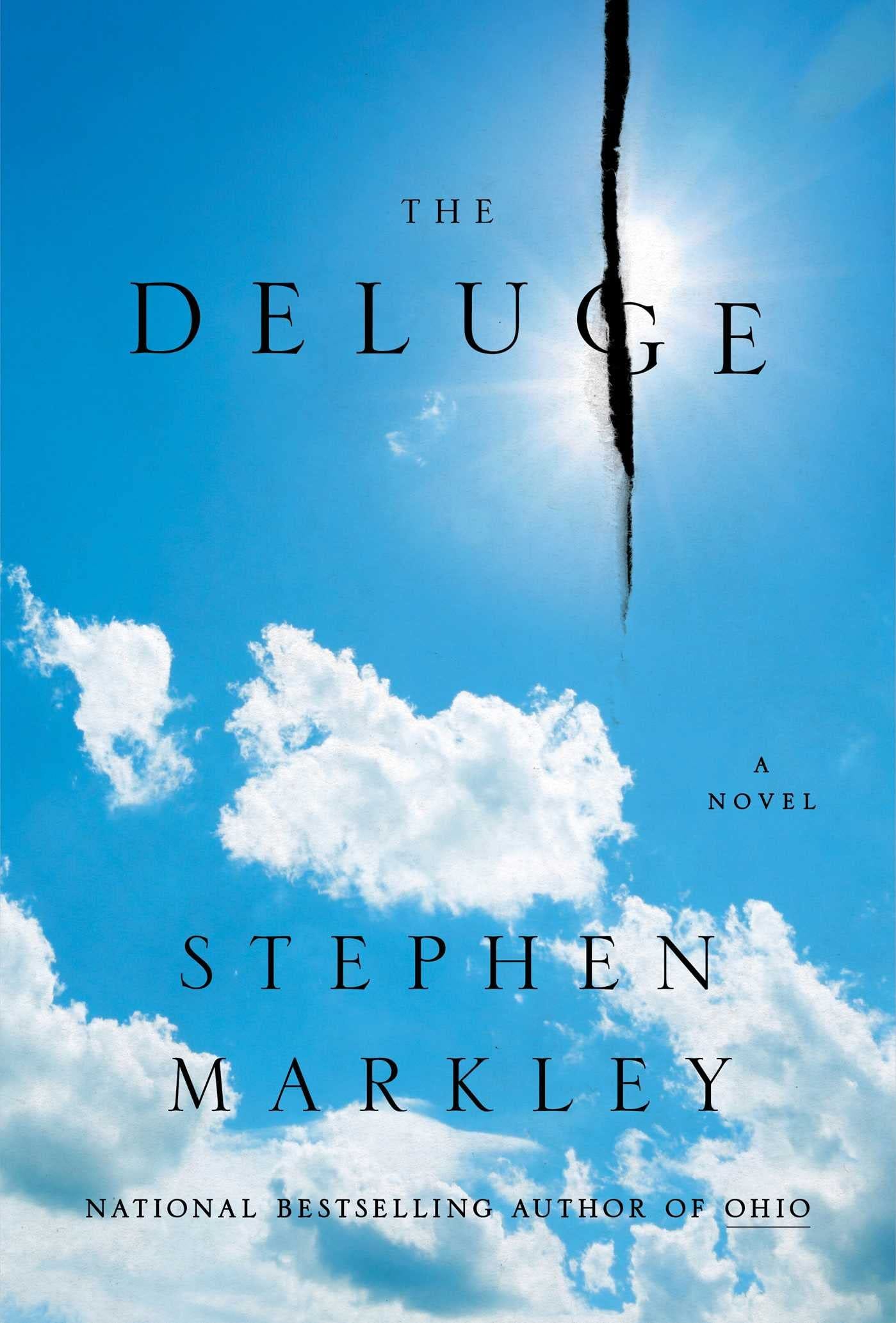
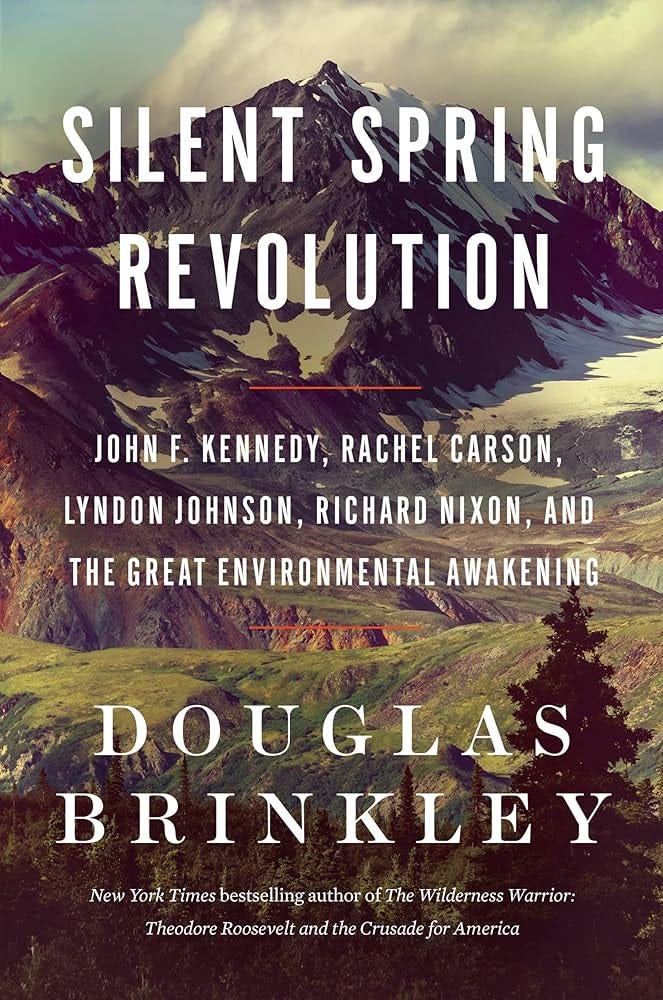
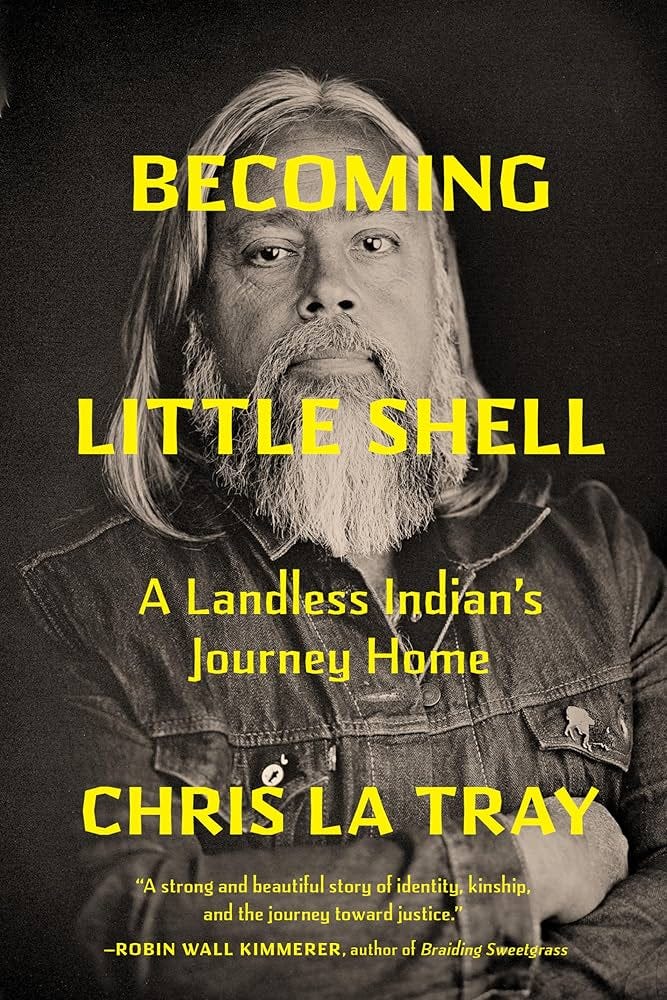
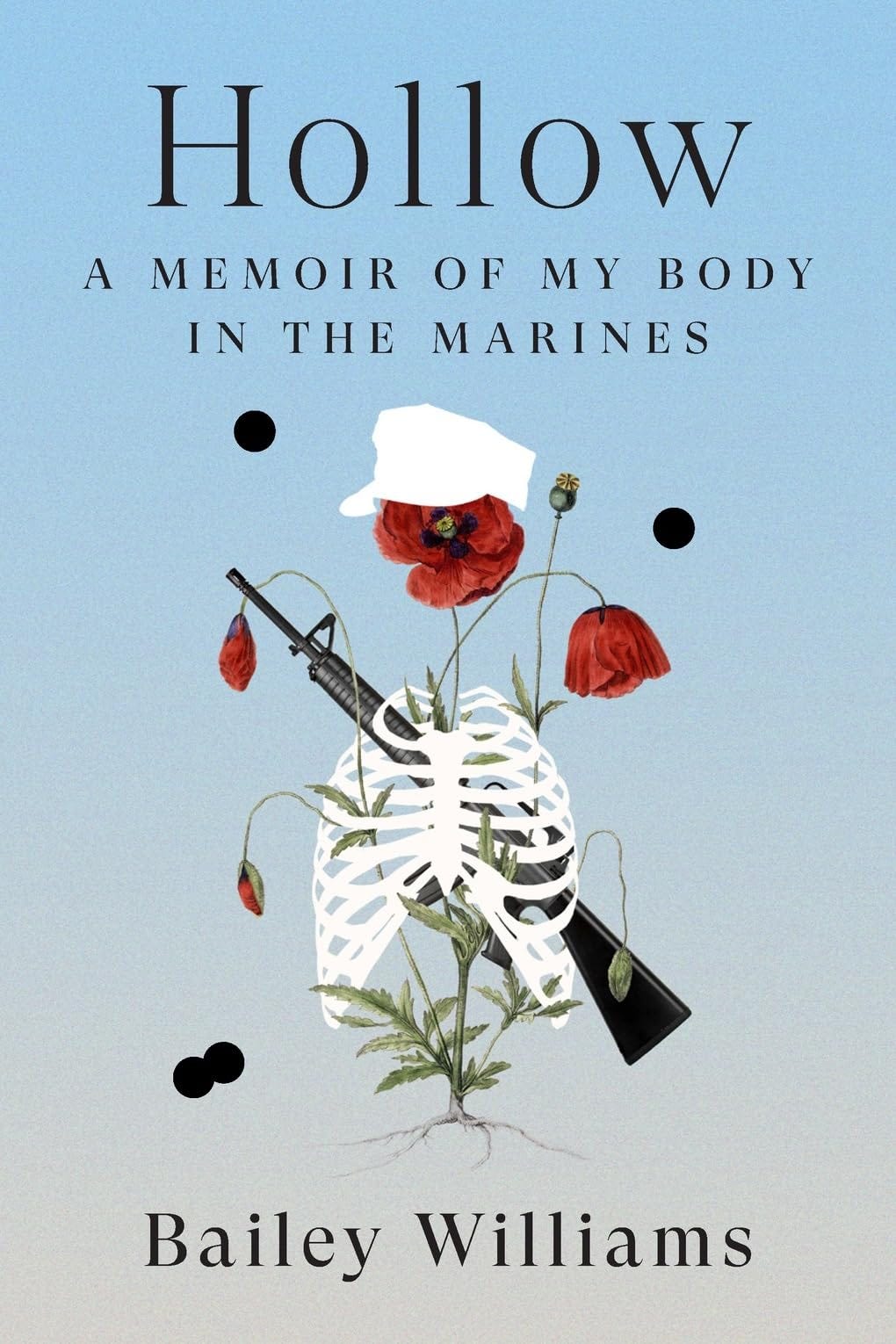
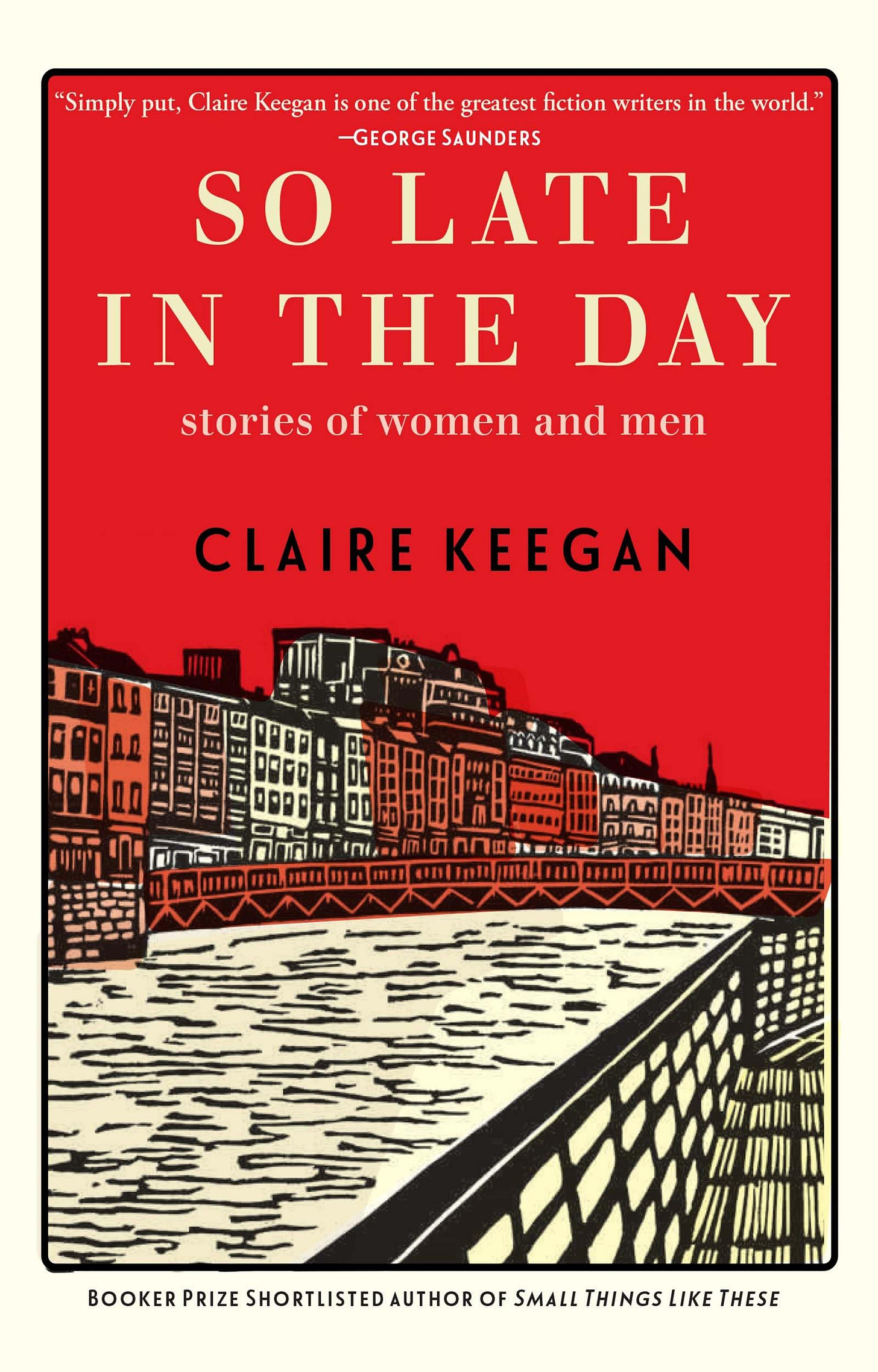
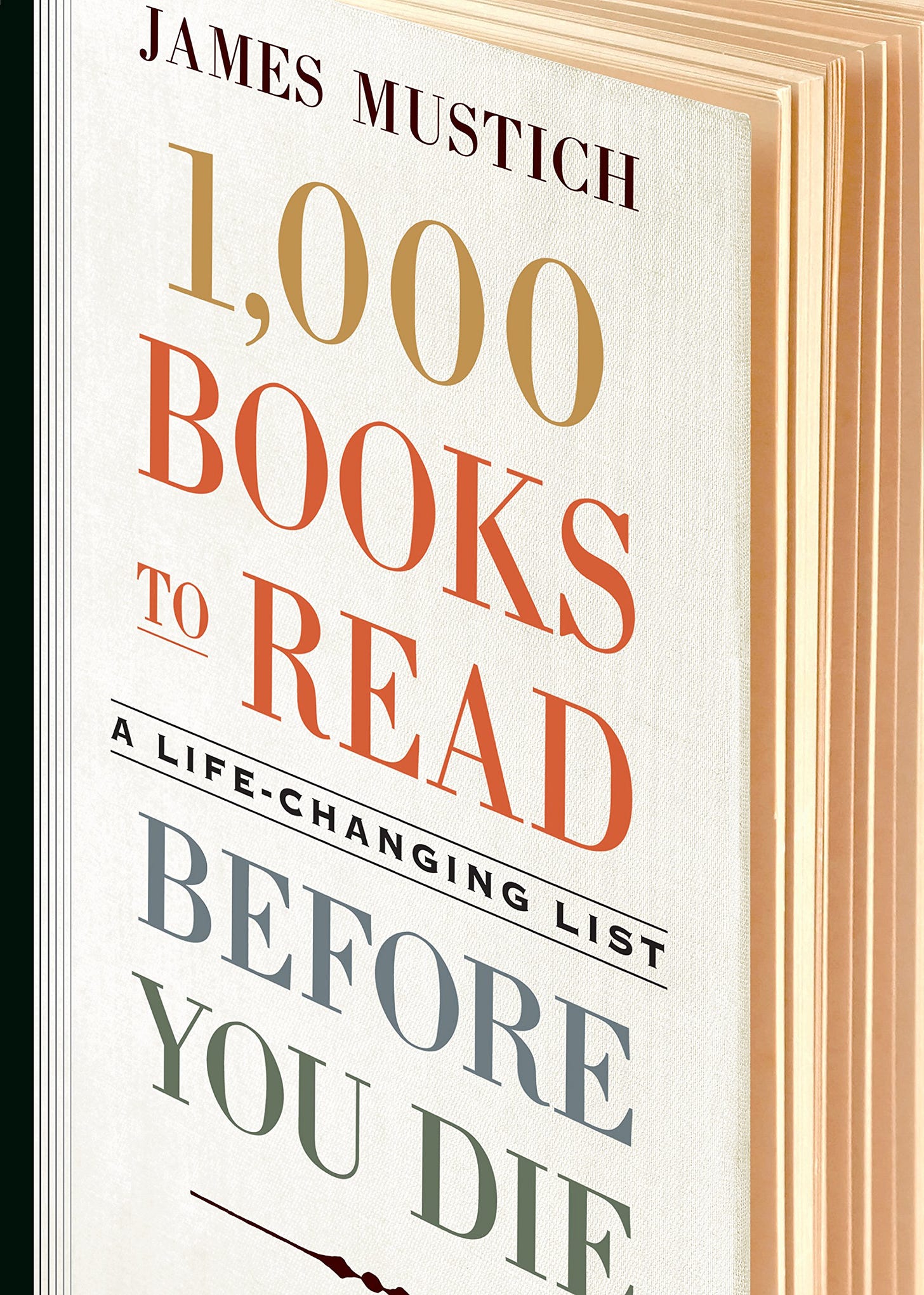
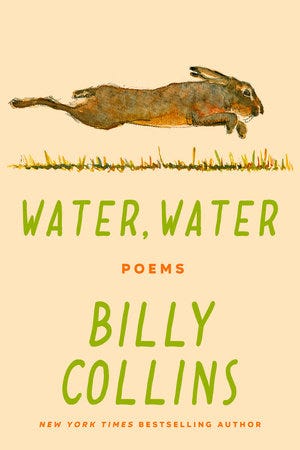
Brinkley’s book was outstanding. People and policy making American public lands the envy of the world.
Thanks for including my book, David, and for the very kind words with which you describe it. I am pleased to be in such good company — the other writers’, yes, but also the reader’s.